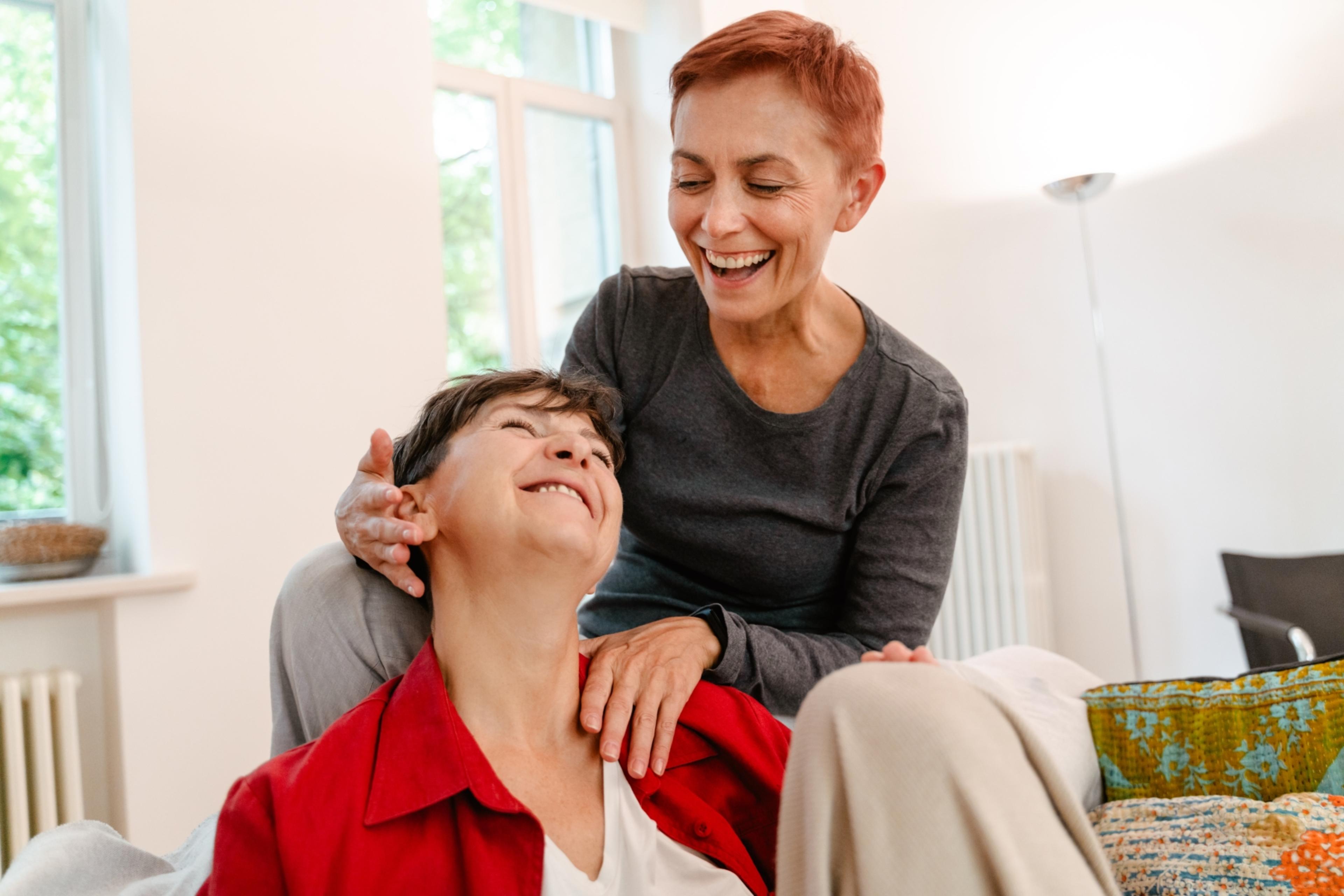Resilience can be seen as a sort of mental rubber band that provides leeway when facing challenging life situations, such as illness. Your mental flexibility is influenced by genetics, environment, and life experiences. Resilience exists both in individuals and in relationships. It is not a fixed characteristic of an individual or a relationship, but something that can and should be practiced. Resilience often varies according to life circumstances: sometimes, there's a lot of leeway regarding mental well-being. Generally, when there is leeway, life's aspects are in balance, and the relationship with the past is in good standing. When there is a lot of stress in your life, many unresolved issues from the past, and unexpected crises occur, your resilience may be tested.
Relationship resilience refers to the presence of well-being-supporting factors in the relationship that provide support during difficult phases. These factors can be consciously strengthened.
When there is illness in the family, the small moments when partners have the opportunity to rest close to each other become especially important for the romantic relationship. Resting near each other includes the notion of "being at peace, doing nothing." Often, it's thought that maintaining closeness in a relationship requires a lot of time and surprises. Ultimately, relationships are built in everyday life; in morning and evening greetings, in thoughtfulness, and in everyday touch. Regular touch and closeness are extremely important for the romantic relationship.


